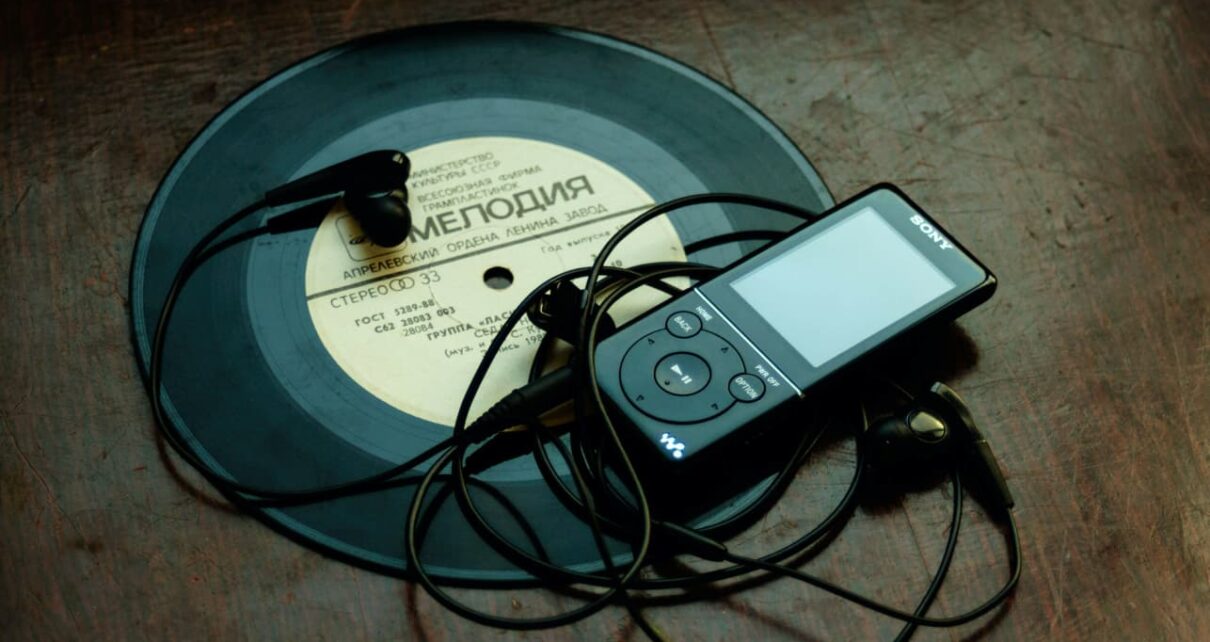
Introduction: What is MP3?
MP3, which stands for MPEG-1 Audio Layer III, is a digital audio coding format that was first introduced in the 1990s. It quickly became the most widely used audio format for both digital music files and streaming audio, and it remains a popular format to this day.
The Origins of MP3
The development of MP3 began in the late 1980s, when the Moving Picture Experts Group (MPEG) was working to develop a standard for the compression of digital video and audio. The goal was to create a format that could deliver high-quality audio and video over limited bandwidth connections, such as those available on the early internet.
MP3 was created as a result of this effort, and it was specifically designed to compress audio files in a way that would allow them to be easily transmitted over the internet, while still maintaining the quality of the original recording. This was a major challenge, as early internet connections were relatively slow, and there was a limited amount of bandwidth available.
The Birth of MP3
The first version of the MP3 format was introduced in 1993, and it quickly gained popularity among early adopters of the internet. This was largely due to its ability to compress audio files without sacrificing too much in terms of sound quality, making it possible to download mp3 and listen to digital music on a computer for the first time.
At the time, music lovers and tech enthusiasts alike were amazed by the MP3 format’s ability to deliver high-quality audio in a small file size, allowing them to store and listen to more music than ever before. This paved the way for the growth of the digital music industry, and the MP3 format played a crucial role in this transformation.
The Rise of MP3
As the internet grew in popularity, so did the use of MP3. By the late 1990s, the MP3 format had become the de facto standard for digital music, and it was widely used for both file sharing and online music streaming.
The widespread adoption of MP3 created a new market for MP3 players, such as the iconic Apple iPod, which allowed users to listen to their digital music collections on the go. This was a major milestone in the history of digital music, and it demonstrated the MP3 format’s ability to deliver high-quality audio in a portable and convenient package.
The Dominance of MP3
By the early 2000s, MP3 had become the dominant format for digital music, and it continued to grow in popularity. Despite the introduction of new audio formats, such as AAC and FLAC, MP3 remained popular due to its widespread support and compatibility with a wide range of devices.
MP3’s popularity also allowed for the growth of new business models in the digital music industry, such as online music stores, streaming services, and music subscription services. These new business models provided music fans with unprecedented access to the music they loved, and the MP3 format played a crucial role in making this possible.
The Impact of MP3
The MP3 format has had a profound impact on the music industry, and it continues to shape the way we listen to and experience music. From its early days as a tool for early adopters of the internet, to its current status as the dominant format for digital music, MP3 has been at the forefront of the digital music revolution.
MP3’s ability to compress audio files while maintaining sound quality has made it possible to store and listen to more music than ever before, and it has paved the way for the growth of the digital music industry. The MP3 format has also had a significant impact on the way we experience music, allowing us to carry our music collections with us wherever we go.
Conclusion
The history of MP3 is a story of innovation and progress. From its humble beginnings as a way to compress audio files for transmission over the early internet, MP3 has grown to become the dominant format for digital music.
Today, MP3 remains one of the most widely used audio formats in the world, and its legacy will continue to influence the development of digital audio for years to come. MP3 has changed the way we listen to and experience music, and its impact will be felt for generations to come.